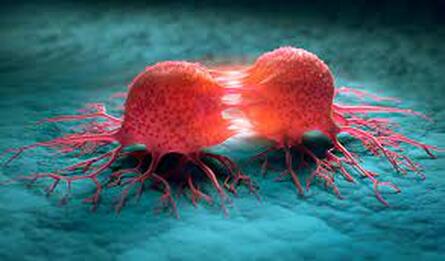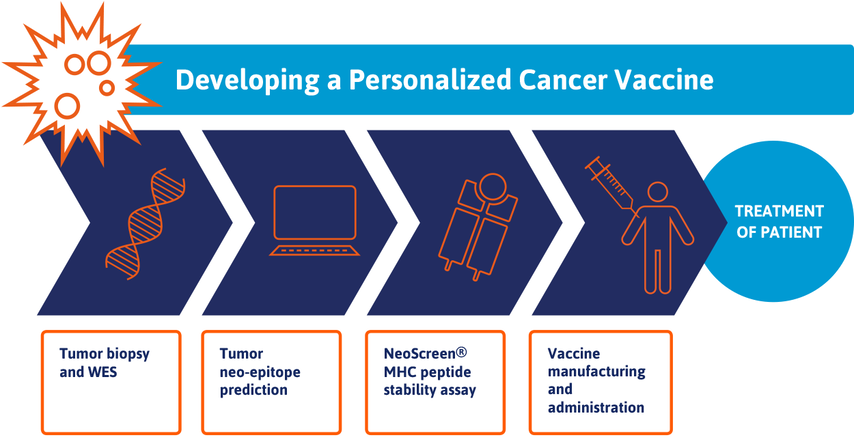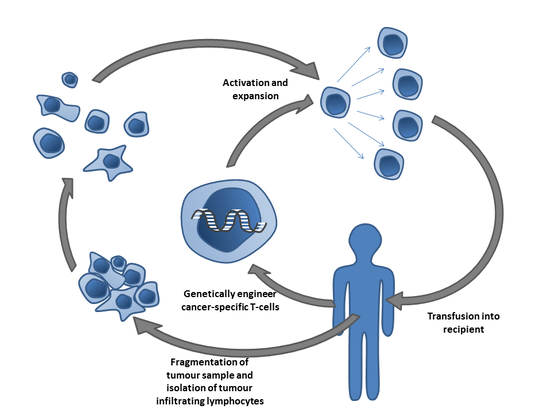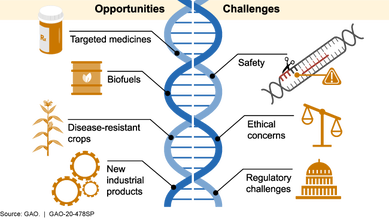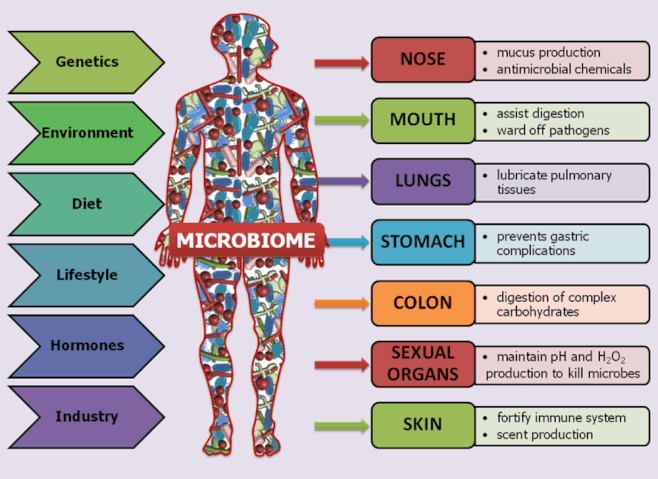Cancer:
Cancer is a familiar topic; scientist has been studying regarding this field for years and have discovered many treatments for it. However, despite all the treatments we have, the survival rate of cancer is still not high. Many of the most commonly diagnosed cancers have ten-year survival of 50% or more; some of the cancers with the lowest five-year survival estimates are mesothelioma (7.2%), pancreatic cancer (7.3%) and brain cancer (12.8%). According to the National Cancer Institute(NIH 2018), about 609,640 people in the United States and about 10 million people worldwide die from cancer every year. Therefore scientist are still working on new ways to cure cancer and they did came up with some new treatments in recent years.
Overview:
Before talking about the new treatments for cancer, lets first talk about what exactly is cancer
|
Cancer is a disease in which some of the body’s cells grow uncontrollably and spread to other parts of the body.
Cancer can start almost anywhere in the human body, which is made up of trillions of cells. Normally, human cells grow and multiply (through a process called cell division) to form new cells as the body needs them. When cells grow old or become damaged, they die, and new cells take their place. Sometimes this orderly process breaks down, and abnormal or damaged cells grow and multiply when they shouldn’t. These cells may form tumors, which are lumps of tissue. Tumors can be cancerous or not cancerous (benign). Cancerous tumors spread into, or invade, nearby tissues and can travel to distant places in the body to form new tumors (a process called metastasis). Cancerous tumors may also be called malignant tumors. Many cancers form solid tumors, but cancers of the blood, such as leukemias, generally do not. Benign tumors do not spread into, or invade, nearby tissues. When removed, benign tumors usually don’t grow back, whereas cancerous tumors sometimes do. Benign tumors can sometimes be quite large, however. Some can cause serious symptoms or be life threatening, such as benign tumors in the brain. |
New treatments:
1. Personalizing cancer vaccine
Cancer is caused by genetic mutations that transform healthy cells into tumor cells. These mutations are often at the center of new therapies for cancer; however, they can be very different in each individual tumor.
“Mutations are random. If you look at one patient’s tumor and compare it to another patient’s, it would be highly unlikely that there will be a match,” Sean Marett, CBO and CCO of German immuno-oncology company BioNTech, told me. BioNTech is developing therapeutic vaccines that are created for each individual tumor. “Each patient gets a tailor-made product just for them,” said Marett.
By comparing the DNA sequences of the tumor and of healthy cells, the company can identify multiple cancer mutations and select the ones that are more likely to provoke a strong reaction from the immune system. The vaccines are given in the form of messenger RNA, a molecule that gives cells the instructions to create a particular protein, in this case a cancer antigen that primes the immune system against the tumor.
Unlike with gene editing, the vaccines do not directly edit human DNA, but just provide the message. Another advantage is that the production of messenger RNA is cheaper than that of other new cancer technologies such as cell therapy.
Unlike with gene editing, the vaccines do not directly edit human DNA, but just provide the message. Another advantage is that the production of messenger RNA is cheaper than that of other new cancer technologies such as cell therapy.
2. Cell Therapy
In 2018, we saw the first approval of a cell therapy for cancer. The technology, called CAR-T cell therapy, consists of taking immune T-cells from the patient and genetically engineering them to target a specific cancer antigen.
“CAR-T is changing the treatment paradigm for cancer by creating targeted treatments that are specific to cancer cells,” said Christian Homsy, Executive Director of the board of Celyad, a Belgian CAR-T developer. “Our goal is to develop precise, targeted treatments that eradicate disease while sparing healthy tissue, and in doing so, improving patient lives.” said Marett.
Indeed, CAR-T clinical trials have shown impressive results in patients that relapse and have exhausted other treatment options. However, the technology has also shown some severe side effects that led to patient deaths. Furthermore, this technology is so far only available for treating certain rare forms of blood cancer. Several players are developing a new generation of CAR-T treatments that can target a wider range of cancers.
3. Gene editing
CRISPR/Cas9 has changed the field of gene editing by making it much simpler and faster to modify DNA sequences with high precision. One of the first medical applications of this technology could be in cancer.
In China, scientists are using CRISPR gene editing to remove a gene from immune T cells that encodes a protein called PD-1 that tumor cells can use to evade an immune attack. Another trial with a similar approach is currently running in the US.
In China, scientists are using CRISPR gene editing to remove a gene from immune T cells that encodes a protein called PD-1 that tumor cells can use to evade an immune attack. Another trial with a similar approach is currently running in the US.
“The precision and efficiency of gene editing with CRISPR/Cas9 enables the rapid creation of CAR-T cell therapies that may have distinct advantages over the current generation of CAR-T products,” Sam Kulkarni, CEO of the Swiss company CRISPR Therapeutics, told me. A pioneer in CRISPR/Cas9 therapy, the company is behind the first human trial using the technology in Europe, which is intended to treat a genetic blood disorder." Explained Kulkarni.
4. Microbiome
In the last decade, researchers have uncovered that the human microbiome — the collection of microorganisms that live in our bodies — plays an important role in many aspects of our health. Including cancer.
“Elements of the microbiome play a role in suppressing an overactive immune system in inflammatory diseases, and in boosting a suppressed immune system in cancers,” said Christophe Bonny, CSO of Enterome, a French company developing medicines based on microbiome science. “Our novel therapeutics are based on our knowledge of the interaction between the immune system and the gut microbiome,” he explained. “We know that tumor cells are often invisible to the immune system. We also know that within the microbiome there are peptides that mimic antigens on the surface of tumors. These can be used to make the tumor visible to the immune system again.
Enterome has created a cancer vaccine based on these tumor-mimicking molecules, which generates strong immune responses against the tumor. The goal is to reactivate the immune system and make tumors ‘visible’ to other forms of cancer therapy. In particular, Enterome aims to combine this technology with checkpoint inhibitors, a type of drug that blocks one of the mechanisms by which tumor cells hide from the immune system.
Sources:
https://www.labiotech.eu/in-depth/cancer-treatments-immuno-oncology/
https://www.cancer.gov/about-cancer/understanding/what-is-cancer
https://www.immunitrack.com/personalized-cancer-vaccines-first-clinical-case-in-progress/
https://www.gao.gov/products/gao-20-478sp
https://www.labiotech.eu/in-depth/cancer-treatments-immuno-oncology/
https://www.cancer.gov/about-cancer/understanding/what-is-cancer
https://www.immunitrack.com/personalized-cancer-vaccines-first-clinical-case-in-progress/
https://www.gao.gov/products/gao-20-478sp

